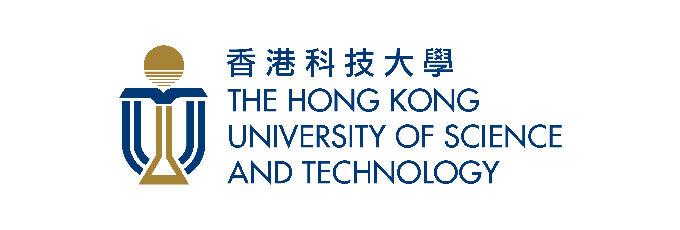Public policy shapes the world we live in. But it’s not just about writing laws. What drives government decisions at local and global levels? How do those choices affect the economy, social welfare, or even everyday life? To get to the heart of these questions, you need to think across disciplines, from politics and social policy to sociology and economics.
At the Hong Kong University of Science and Technology (HKUST), the Division of Public Policy offers two interdisciplinary master’s degrees: Master of Public Policy (MPP) and Master of Public Management (MPM). Grounded in HKUST’s research and teaching excellence, these programmes equip you with the knowledge and skills to cross disciplines and become effective policy professionals.

For Elisha M. Sonthra, the MPP’s diverse classroom sparked rich discussions which broadened his problem-solving approach. Source: HKUST, Division of Public Policy
Master of Public Policy
Technology is changing the world fast, which means public policy professionals must be more adaptable than ever. HKUST’s MPP, Hong Kong’s only two-year MPP programme, helps students do just that by combining policy with science, technology, and artificial intelligence. “Unlike many one-year taught postgraduate programmes that can be overwhelming and rushed, this programme allows for deeper engagement,” says Loh Ees Ther from Malaysia. “The first year focuses on academic training, while the second gives us space to apply our skills in real-world contexts.”
The programme’s interdisciplinary curriculum features two tracks that explore how innovation connects with today’s biggest policy issues: Science and Technology Policy and Environmental Policy and Sustainability. In the Green and Sustainable Finance module, for example, Elisha M. Sonthra got to design financial tools to address climate challenges. This focus on science and technology has opened his eyes to the wider impact of technology on public life.
Another key component of the MPP is the intensive eight-month Policy Analysis Exercise (PAE), where you apply cutting-edge analytical tools and policy frameworks to tackle real-world challenges from clients like PwC, Deloitte, leading think tanks, NGOs, and government agencies.
For Sonthra’s PAE, he worked with Moët Hennessy Taiwan to develop strategies to showcase Hong Kong’s multicultural identity. “I utilised analytical tools from courses like Quantitative Analysis and Public Policy Analysis to assess tourism trends and develop actionable strategies,” he says. “Collaborating with stakeholders and conducting case studies reinforced my ability to integrate evidence-based approaches with creative solutions, such as leveraging urban renewal and cultural branding, to address complex policy challenges.”
But no one gets there alone. Behind every graduate is a team of supportive faculty members. “I especially enjoyed attending the Policy Dialogue Series, which provides exposure to both academic thought leaders and practitioners from government and civil society,” says Loh. For international students like her, these experiences are essential in understanding the local policy ecosystem.

Mok Ka Yan Gladys didn’t fully understand what public management was when she applied to HKUST. But now, she knows this was the right path for her. Source: HKUST, Division of Public Policy
Master of Public Management
After a few years of professional experience, you may be ready for something more. HKUST’s MPM offers the tools to improve your understanding of public policy while advancing your leadership and management skills for the public or private sector. The programme uses a comparative, case-based approach, where you’ll analyse real-world issues in global and local contexts. It equips you with practical, analytical, and managerial skills, as well as the political insight to address technological innovation, demographic shifts, and climate change.
What’s more, your background becomes part of the learning. For instance, part-time student Poon Hiu Ching analysed why Hong Kong’s Municipal Solid Waste charging scheme failed. Full-time student Lai Xi examined the global financial crisis in 2008. Then there’s Mok Ka Yan Gladys, who investigated the administrative burdens on street-level bureaucrats and learned to recognise leadership mismanagement issues within her workplace.
From Poon to Lai and Mok, you’ll notice that the MPM attracts a diverse cohort of students. Poon is a civil servant with a Hospitality Management degree and a strong drive to give back to her community. Mok has spent over 15 years in education research and administration. She’s now eyeing a promotion and a move into the civil service. Lai is a chemical engineering graduate who started out in strategy consulting and is now on a mission to understand how public and private sectors can work together more effectively.
They — and many others — make the MPM a community of changemakers. “Our interactions have expanded my thinking and inspired new approaches to policy and innovation,” says Poon. “For example, I have learned technology applications from entrepreneurs and operational strategies from civil services peers and had enriching group discussions on sustainability. This cross-sector collaboration is a hallmark of the MPM, which amplifies learning and networking.”













